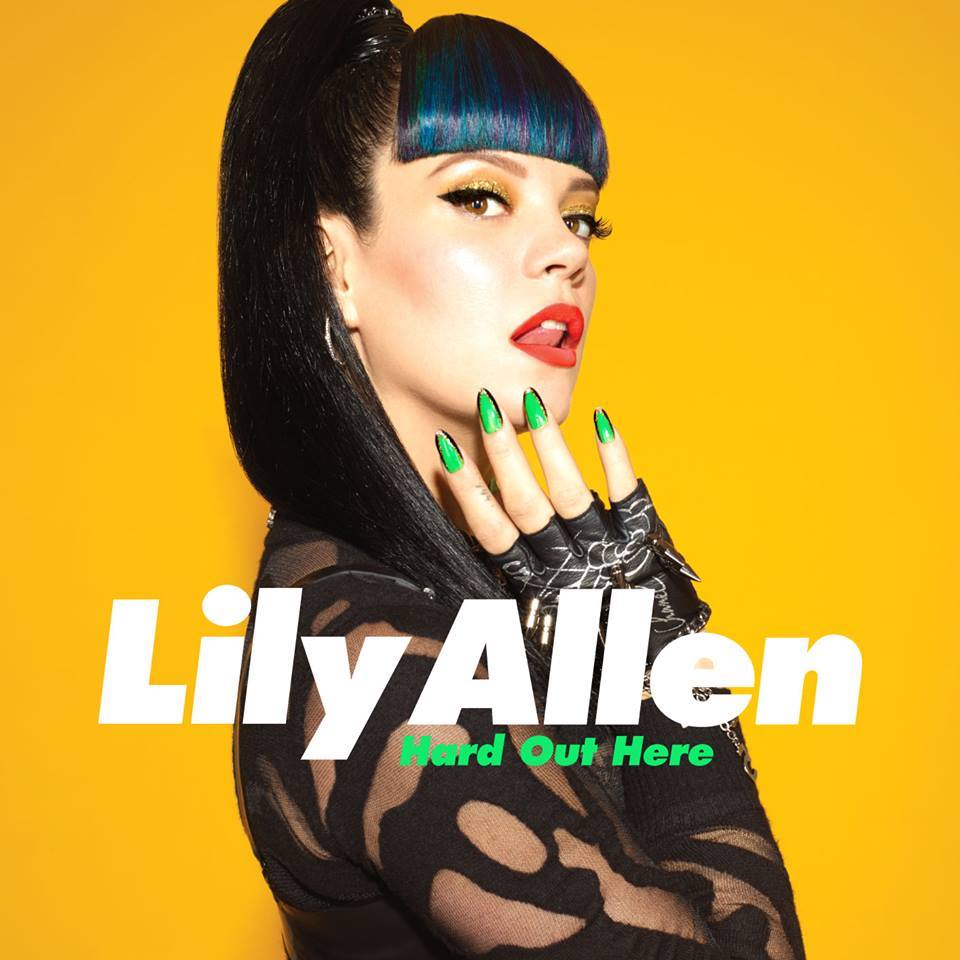By Hilde van den Berg
Staff Writer
It’s been years since Lily Allen “quit” the music industry, but with her songs still being played every once in a while, it feels like she’s still partly there. Now, she has made a comeback. On November 12th, for the first time since 2009, she brought out a new single “Hard Out Here”. In a tweet, posted on November 13th, which she sent after being criticized, she said that she strived to “provoke thought and conversation” and that “”[It] is meant to be a light-hearted satirical video that deals with objectification of women within modern pop culture … The message is clear”.
The video starts off with Allen lying on an operating bloc, receiving plastic surgery, with the surgeons providing commentary about whatever they’re seeing. I recommend that you watch the video yourself, because that is the only proper way to judge, but I feel that the tone of the song is set immediately. With the second line stating, “You’ll find me in the studio and not in the kitchen”, you’re in for a ride.
She seems to make numerous jabs at the music industry, commenting on the unnatural beauty ideals for women, amongst other things. The lyrics are not too difficult to interpret, but the imagery has caused disagreement amongst viewers and critics. Besides the text, “Lily Allen has a baggy pussy”, which is happily written is balloons in the same fashion as Robin Thicke providing commentary about his own genitals in “Blurred Lines”.
Mostly, Lily Allen’s use of black women dancing in her music video has been criticised. Although, in the same tweet I referenced earlier, she claimed to have not chosen to do so on purpose, but truly selected them for their dancing abilities, but not everyone seems to be willing to just take her word for it.
As the debate about racism goes on, few critics seemed to have talked about her lyrics, and the issues she aims to tackle. However, I do find it comforting that there is at least attention going to the racism debate. Of course we all hope that she’s telling the truth, especially in a video like this, but you never know.
With regards to the lyrics, I referenced her jab at the unnatural beauty ideals for women earlier. On top of that, she tackles the sexual double standard by singing ““If I told you about my sex life you’d call me a slut / When boys be talking about their bitches, no one’s making a fuss”. At the end of the song, she also proclaims that the inequality she sings about isn’t going away. This proclamation is surrounded by a repetition of the word “bitch”, which could be perceived as a statement as well. This will not only make it difficult for the video to be shown on TV, but I think that it’s very likely that radio stations, especially in the United States, will have to cut that part of the song out entirely. If you listen to the song yourself, I think you’ll agree that it would be extremely unpleasant if the word was replaced by a beep every single time.
Lily Allen has definitely made a statement; not just by this song, but also by using this song as her “come-back” song. We’ll see what follows. I don’t think Robin Thicke has responded (yet), but I’m curious to see if he will. Maybe this song could spark more debates about social issues, and at the same time inspire other artists to quarrel like this. If they’re going to quarrel, they might as well make it entertaining.
Hilde van den Berg, class of 2016, is from Doetinchem, The Netherlands.

